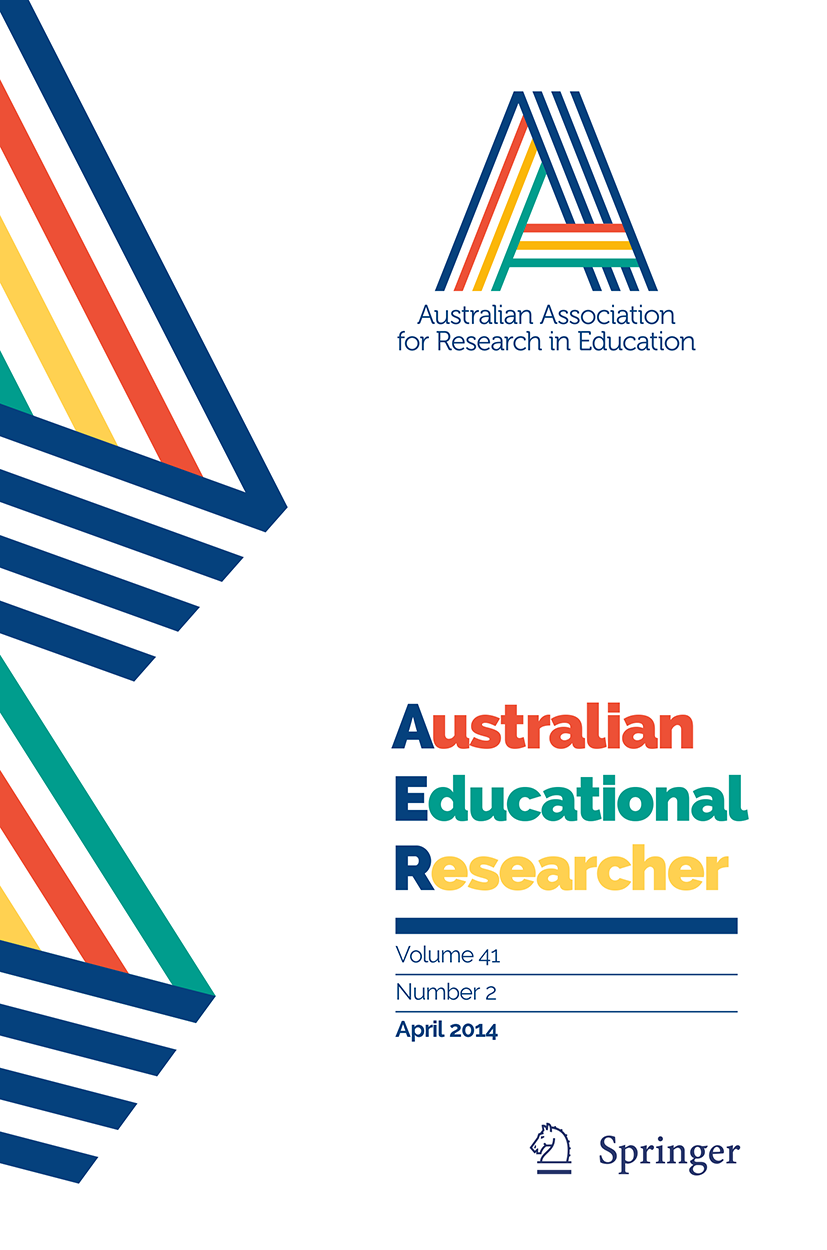Dolphin
Senior Member (Voting Rights)
[If there had been an education forum, this might fit better there]

 link.springer.com
link.springer.com
A better understanding of the factors, whether institutional, academic, or personal, that contribute to their decision to withdraw from university is crucial for increasing the retention of students with disability.
Few studies have accessed the voices of students with disability who voluntarily withdrew from their university studies before completing a degree.
Underpinned by the social model of disability, this study explored the experiences of such students at an Australian regional university and the reasons for their withdrawal.
Utilising a qualitative approach, semi-structured interviews were conducted with eleven former students who had disclosed a disability upon enrolment and subsequently withdrew in 2022 or 2023.
Braun and Clarke's reflective approach guided the thematic analysis to interpret the data. Mental health conditions, including anxiety and depression, were prevalent among participants, often co-existing with chronic physical health conditions or with neurodivergence such as autism and ADHD.
Institutional factors were found to have a major impact on participants’ ability to sustain their studies as students with complex disability, and were most often the ultimate reasons they withdrew from university.
The study highlights the challenges encountered by university students with complex disability and underscores the need for improved support systems and inclusive practices to better meet the needs of these students.
Practical implications are drawn, and recommendations for universities to support the success and retention of students with disability are made. Future research should aim to expand on these findings across diverse educational settings.

Exploring the experiences of undergraduate students with disability who withdraw from university studies - The Australian Educational Researcher
University students with disability have significantly lower retention and completion rates than students without disability. A better understanding of the factors, whether institutional, academic, or personal, that contribute to their decision to withdraw from university is crucial for...
Exploring the experiences of undergraduate students with disability who withdraw from university studies
- Open access
- Published: 26 August 2025
- (2025)
- Cite this article
- 1958 Accesses
- 10 Altmetric
- 1 Mention
- Explore all metrics
Abstract
University students with disability have significantly lower retention and completion rates than students without disability.A better understanding of the factors, whether institutional, academic, or personal, that contribute to their decision to withdraw from university is crucial for increasing the retention of students with disability.
Few studies have accessed the voices of students with disability who voluntarily withdrew from their university studies before completing a degree.
Underpinned by the social model of disability, this study explored the experiences of such students at an Australian regional university and the reasons for their withdrawal.
Utilising a qualitative approach, semi-structured interviews were conducted with eleven former students who had disclosed a disability upon enrolment and subsequently withdrew in 2022 or 2023.
Braun and Clarke's reflective approach guided the thematic analysis to interpret the data. Mental health conditions, including anxiety and depression, were prevalent among participants, often co-existing with chronic physical health conditions or with neurodivergence such as autism and ADHD.
Institutional factors were found to have a major impact on participants’ ability to sustain their studies as students with complex disability, and were most often the ultimate reasons they withdrew from university.
The study highlights the challenges encountered by university students with complex disability and underscores the need for improved support systems and inclusive practices to better meet the needs of these students.
Practical implications are drawn, and recommendations for universities to support the success and retention of students with disability are made. Future research should aim to expand on these findings across diverse educational settings.
